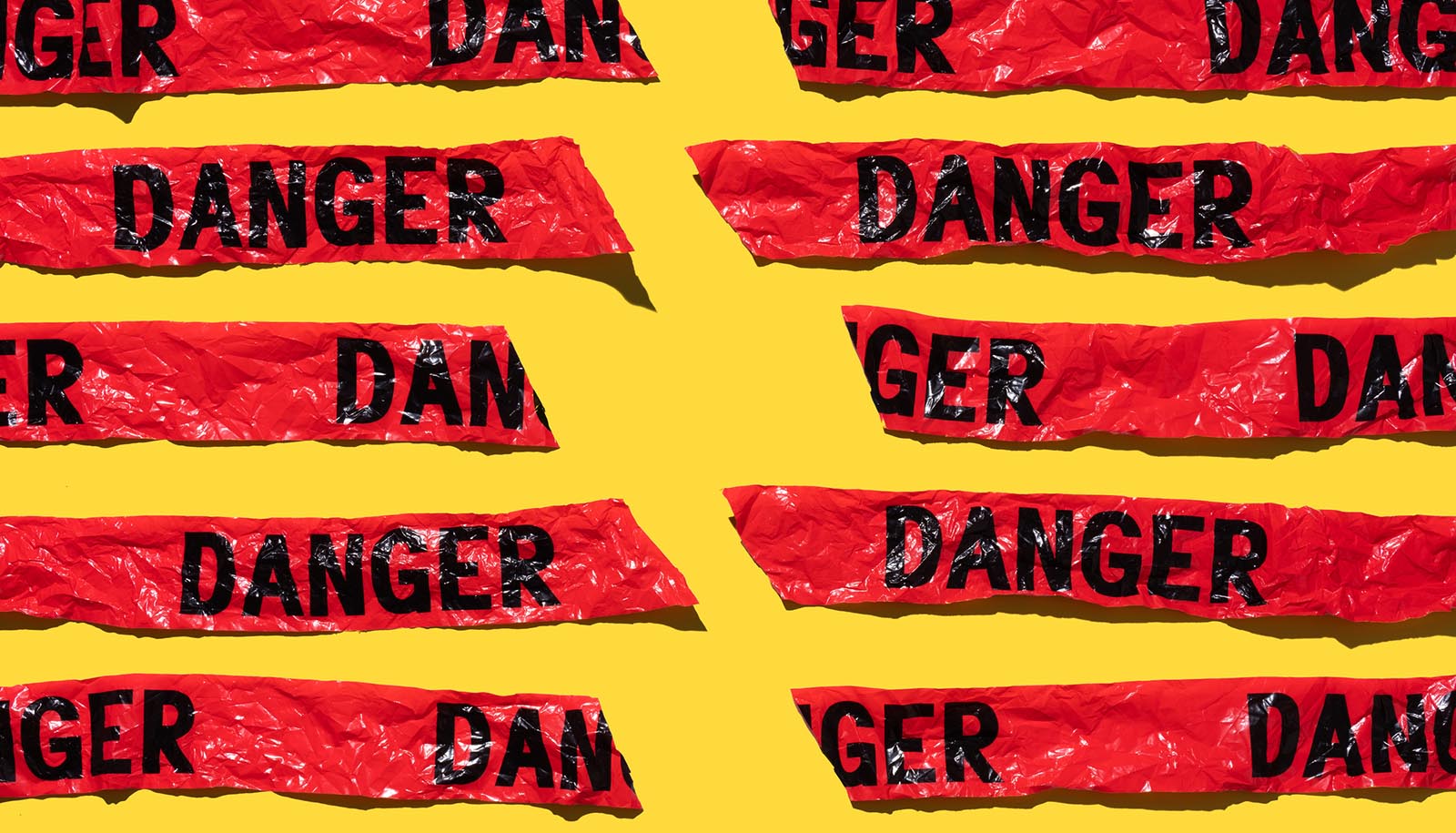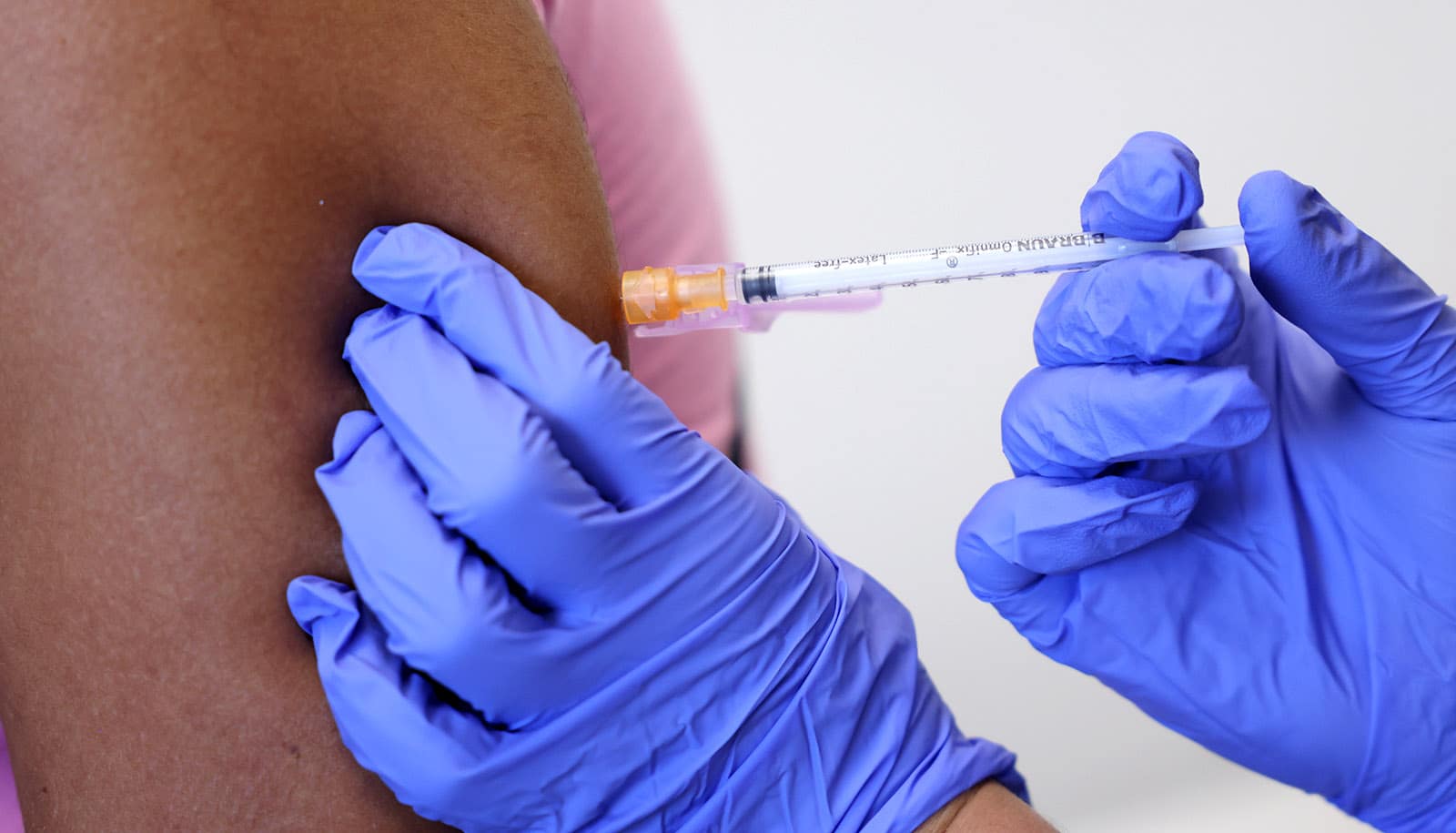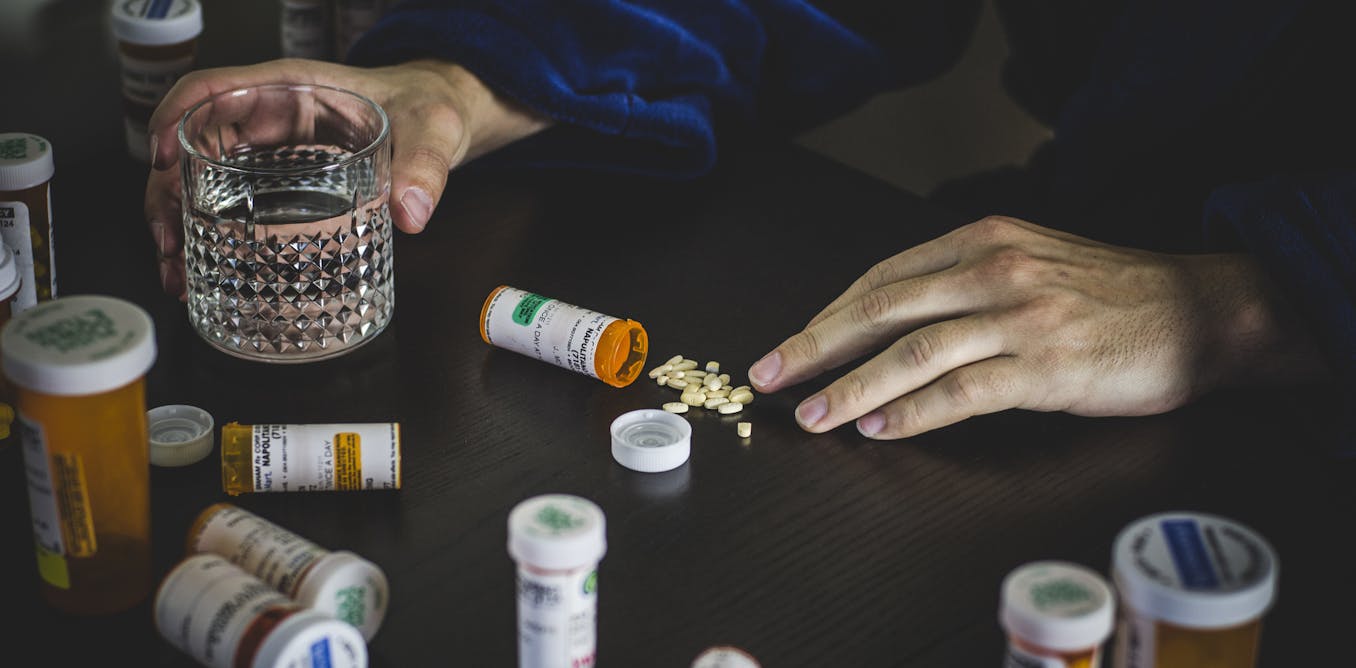Taking certain opioids while on commonly prescribed antidepressants may increase the risk of overdose
Drugs can interact with one another in ways that are harmful. A study finds that taking oxycodone with certain SSRIs can make an opioid overdose more likely.
July 29, 2022 • ~3 min
Is monkeypox a pandemic? An epidemiologist explains why it isn’t likely to become as widespread as COVID-19, but is worth watching
The monkeypox virus, which is commonly found in West and Central Africa, is now causing many infections in the U.S., Europe and Latin America.
July 15, 2022 • ~8 min
Why opting out of opioids can be dangerous in the operating room
Non-opioid directives allow patients to refuse opioids in all health care settings. For surgical procedures that require anesthesia, however, this may do more harm than good.
June 10, 2022 • ~8 min
Beer and spirits have more detrimental effects on the waistline and on cardiovascular disease risk than red or white wine
Research has been inconclusive on the degree to which drinking alcohol leads to the growth of harmful fat. But a new study suggests that beer and spirits are far bigger culprits than wine.
April 20, 2022 • ~5 min
Spreading HIV, the virus that causes AIDS, is against the law in 37 states – with penalties ranging up to life in prison
Current HIV criminal laws increase HIV stigma and discrimination against marginalized people – and negatively affect public health.
Sept. 22, 2021 • ~8 min
Opioid lawsuit payout plans overlook a vital need: pain management care and research focused on smarter use of addictive drugs
Ending the opioid epidemic requires addressing not only treatment gaps in addiction and overdose, but also inadequate pain management.
Aug. 20, 2021 • ~9 min
/
8









